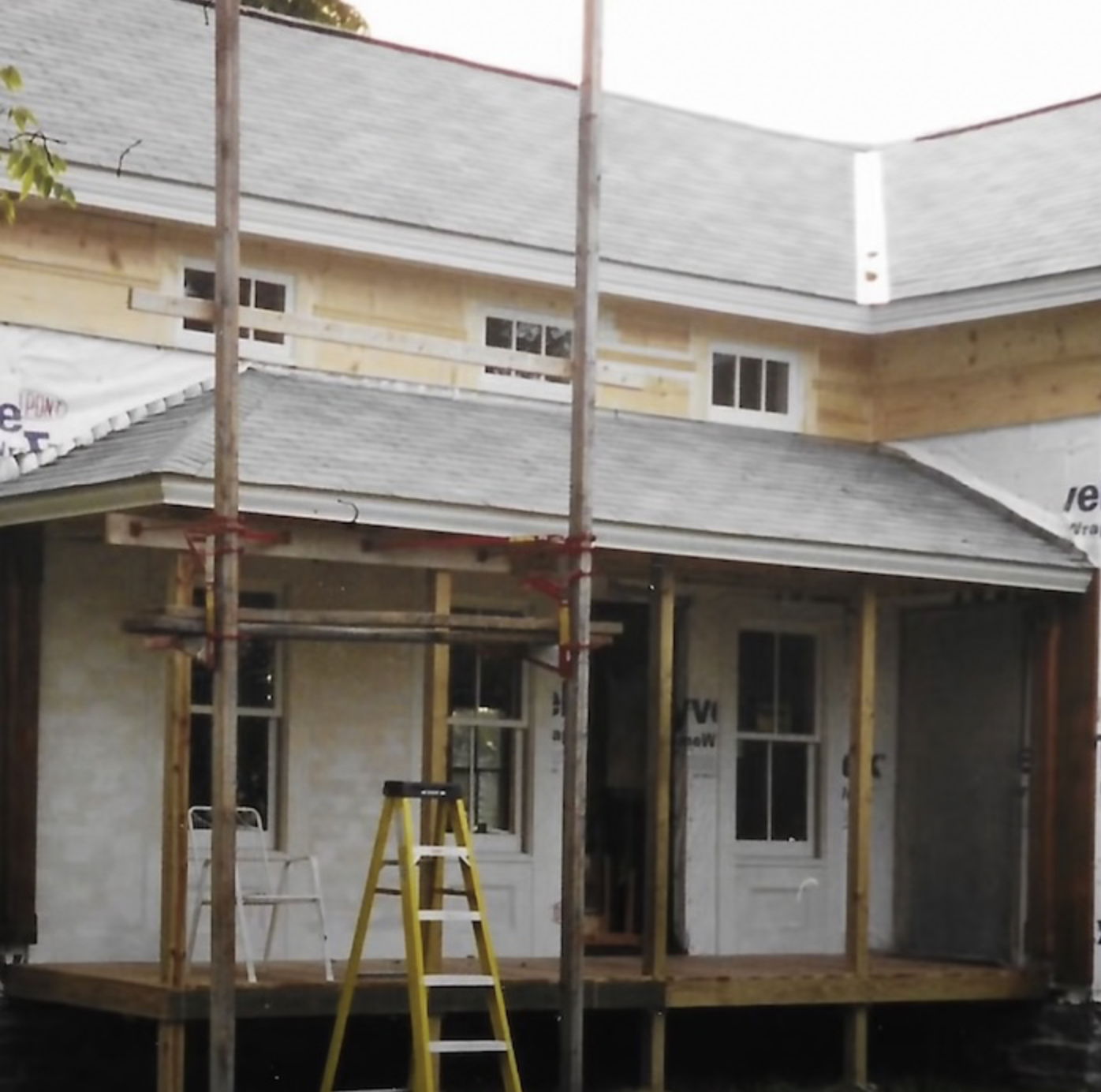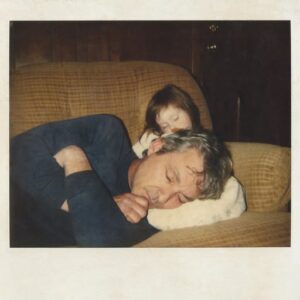Every house is not a home.
It needs something unique to transform a house into a home. Love, pleasure, sadness, suffering, and even boredom were all shared sensations.
It involves building memories with the people you care about in a shared environment over time as everyone matures and gels together.
These shared moments with the creatures we adore are what transform a house’s walls into a treasured home.

In the 1860s, Larson’s great-great-grandfather constructed this farmhouse.
His grandpa and his family have always resided in the house. However, after his grandpa died in 1977, the mansion fell vacant.
According to Peter’s great-great-grandfather’s journal, the home took years to build.
From the 1860s until the 1870s, he and his wife worked tirelessly to lay the groundwork for this mansion that would stand the test of time.
The story was told in Grandpa’s diary.
Peter discovered in his great-great-grandfather’s journal that his great-great-grandfather transported the lime from the kiln to the lot to build the house’s foundation.
His great-grandmother and grandpa were also born there.
When his grandpa died, Peter inherited the property and the home, both of which were in disrepair.
When the property and home were appraised, officials only valued them at $45,000 (about $89,000 in 2023).

It took a lot of work to make it livable.
It’s a good thing Peter was available. He returned to Lansing, New York, from Syracuse in 1996, a year after he and his wife, Hilarie, married.
Peter wants to recreate his family’s lovely memories in this house while creating new ones.
It would take them a lot of patience, hard work, and time to remodel and repair this centuries-old family house, just like his great-great-grandfather did.
In fact, it required so much work that his neighbors recommended he take it down and start again.
That was not something Peter desired. He wanted to keep the house since it meant a lot to him.
Creating things with his own hands and deferring pleasure were highly important to him at the time.
Hilarie supported her husband and went with him to the farm. They purchased a trailer to reside in while the house was being renovated.
He only knew how to build because of what he studied in school and as an architect.
He was still interested in the work because he was dedicated to protecting what his great-great-grandparents had built.
His first building project was to demolish the kitchen wing. This house was designed like a T, with the kitchen protruding from the center.
It was already beyond repair at the time, especially after a large cedar tree fell in the kitchen.
He did salvage the foundation stones, which he used to construct a stone wall.

When Peter entered, he saw the dry-rotted rafters and decaying wood flooring.
The foundation has completely degraded.
Houses were built in the 1860s with lime and sand mortar, which is not the most dependable or structurally solid choice.
Water had washed away most of the foundation over the years, leaving the home standing on stones.
He could only begin working inside the home after he had finished repairing the foundation.
The entire house was hand-repaired by the couple.
Peter and Hilarie completed all of the house’s upgrades and repairs themselves. It did not necessitate the use of heavy machinery or a large number of personnel.
Their hands worked together to create the new family home.
While it took them almost four years to complete the family labor of love, the end product was spectacular.
They gradually recovered the acreage and began farming ten years ago, and they are still doing it full-time now.
Restoring the home improved their entire way of life, and they had no intentions to go back.





